Stride, the Black Employee Resource Group for Tepper Sports & Entertainment, celebrated Black History Month with a special speaker at Bank of America Stadium on Thursday.
Stride seeks to enhance the engagement, progression and retention of Black employees at Tepper Sports and Entertainment by fostering an inclusive culture, providing professional development, facilitating meaningful networking opportunities, and investing in our communities.
David Williamson Jr. spoke to TSE staff about his experience as one of the Friendship 9, a group of students that held a lunch-counter protest in Rock Hill in 1961.
The protest was inspired by the Greensboro lunch counter sit-ins from the prior year and was meant to advocate for change as dining establishments refused services to those in the Black community because of segregation policies.
"The biggest thing was to draw attention," Williamson said. "We know, as African-Americans, we go to the places where you work, we could cook for you and put it on the table, but we couldn't sit down and eat with you. By going to the restaurant, we wanted to be able to draw attention, and hoped that would open eyes to other things. It was only the beginning."
Williamson had attended Friendship Junior College and was aware of other civil rights protests around the area. But on the morning of January 31, 1961, when one of his classmates asked him to join the group, he was caught off guard but didn't think twice.
"I didn't wake up that day planning to go to jail," Williamson said. "But it was the right thing to do. They challenged me to join them, and I wasn't going to say no."
While similar lunch counter protests elsewhere have maintained more renown over the decades, this particular act at Rock Hill's McCrory's Five and Dime was one of the first to employ the "Jail, No Bail" strategy. Members of the community had strategically decided against paying the government money to bail out arrested protesters and instead hoped that remaining in jail for the required 30 days would send a stronger message while not funding segregationist government actions.
Williamson recalled the harsh conditions of those 30 days in jail, including long days on a chain gang, doing hard labor in the South Carolina heat. But on Sundays, large groups of community members lined up with meals and words of encouragement for the young group behind bars.
Williamson would later move to New Jersey, but his daughter returned to Rock Hill to attend Winthrop University in 1981. He had never told her about his actions, and she found out through an article in the paper. Williamson laughed as he recalled some choice words that she had for him. But he explained that it was never something he was going to brag about. It was just about doing the right thing in the moment.
"Everything we did was not for us," Williamson said. "We wanted the next generation to benefit."
Rock Hill now has historical markers commemorating the actions of the Friendship 9 along The Freedom Walkway, while a new restaurant, Kounter, now stands in the location where McCrory's Variety Store once operated. Kounter honors that memory with a number of special markers inside the restaurant.
Panthers photographer Chanelle Smith-Walker documented the way that Kounter now honors its history along with Rock Hill's Freedom Walk, displaying historical plaques and commemorative information to keep the history and impact of civil rights leaders alive for each new generation.
View photos from Rock Hill where David Williamson and the rest of the Friendship 9 staged a lunch-counter sit-in to protest civil rights in 1961. Williamson spoke at Bank of America Stadium on Feb. 18 about his experiences more than 60 years ago and his perspective today.

View photos from Rock Hill where David Williamson and the rest of the Friendship 9 staged a lunch-counter sit-in to protest civil rights in 1961. Williamson spoke at Bank of America Stadium on Feb. 18 about his experiences more than 60 years ago and his perspective today.
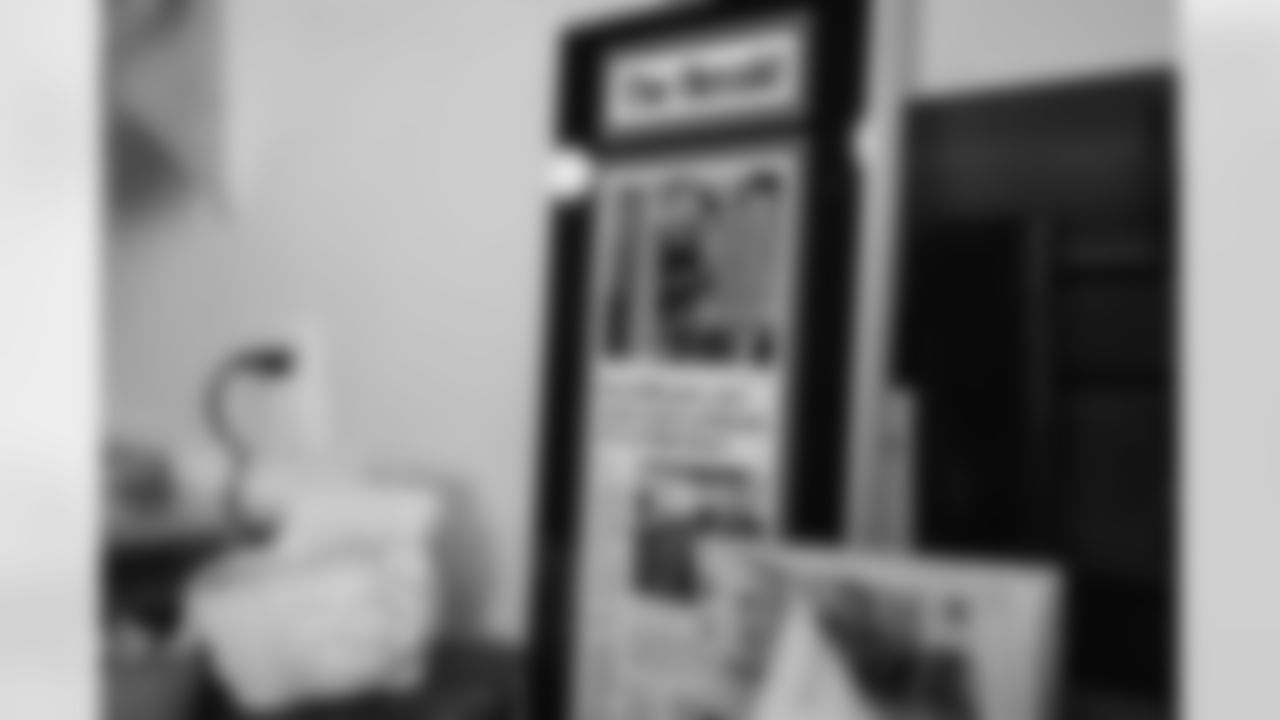
View photos from Rock Hill where David Williamson and the rest of the Friendship 9 staged a lunch-counter sit-in to protest civil rights in 1961. Williamson spoke at Bank of America Stadium on Feb. 18 about his experiences more than 60 years ago and his perspective today.
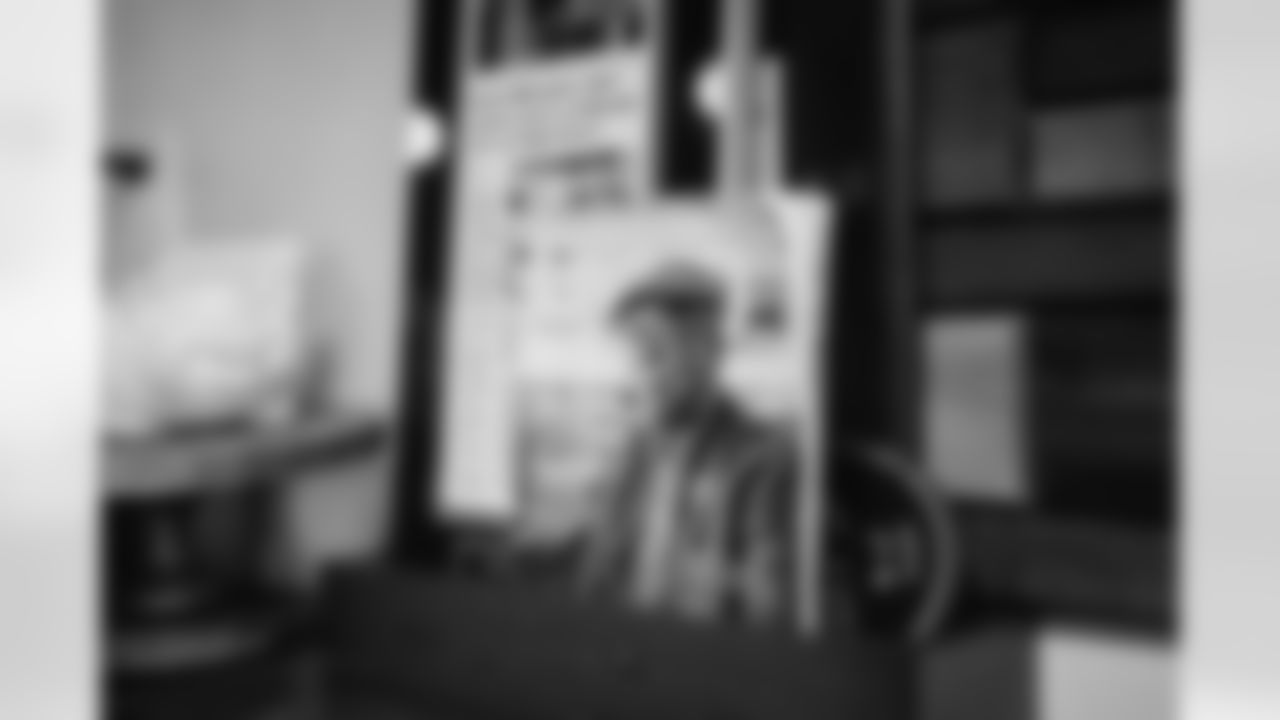
View photos from Rock Hill where David Williamson and the rest of the Friendship 9 staged a lunch-counter sit-in to protest civil rights in 1961. Williamson spoke at Bank of America Stadium on Feb. 18 about his experiences more than 60 years ago and his perspective today.

View photos from Rock Hill where David Williamson and the rest of the Friendship 9 staged a lunch-counter sit-in to protest civil rights in 1961. Williamson spoke at Bank of America Stadium on Feb. 18 about his experiences more than 60 years ago and his perspective today.

View photos from Rock Hill where David Williamson and the rest of the Friendship 9 staged a lunch-counter sit-in to protest civil rights in 1961. Williamson spoke at Bank of America Stadium on Feb. 18 about his experiences more than 60 years ago and his perspective today.

View photos from Rock Hill where David Williamson and the rest of the Friendship 9 staged a lunch-counter sit-in to protest civil rights in 1961. Williamson spoke at Bank of America Stadium on Feb. 18 about his experiences more than 60 years ago and his perspective today.

View photos from Rock Hill where David Williamson and the rest of the Friendship 9 staged a lunch-counter sit-in to protest civil rights in 1961. Williamson spoke at Bank of America Stadium on Feb. 18 about his experiences more than 60 years ago and his perspective today.
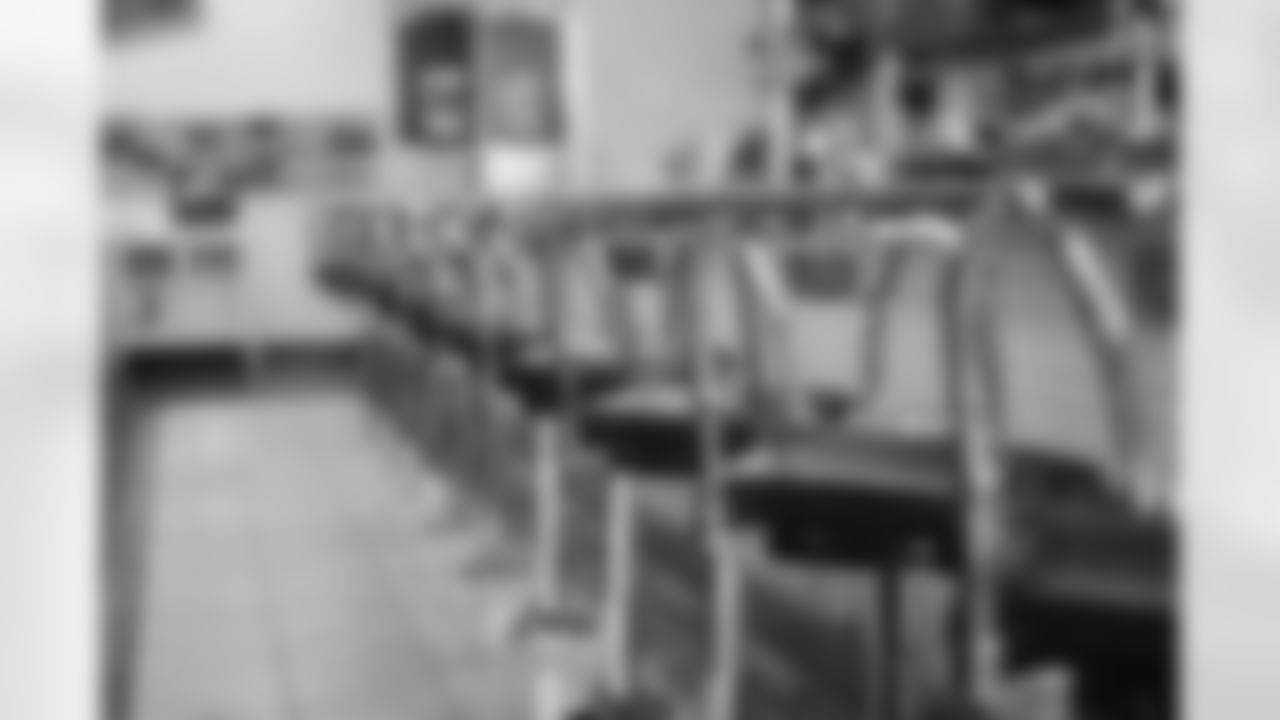
View photos from Rock Hill where David Williamson and the rest of the Friendship 9 staged a lunch-counter sit-in to protest civil rights in 1961. Williamson spoke at Bank of America Stadium on Feb. 18 about his experiences more than 60 years ago and his perspective today.

View photos from Rock Hill where David Williamson and the rest of the Friendship 9 staged a lunch-counter sit-in to protest civil rights in 1961. Williamson spoke at Bank of America Stadium on Feb. 18 about his experiences more than 60 years ago and his perspective today.
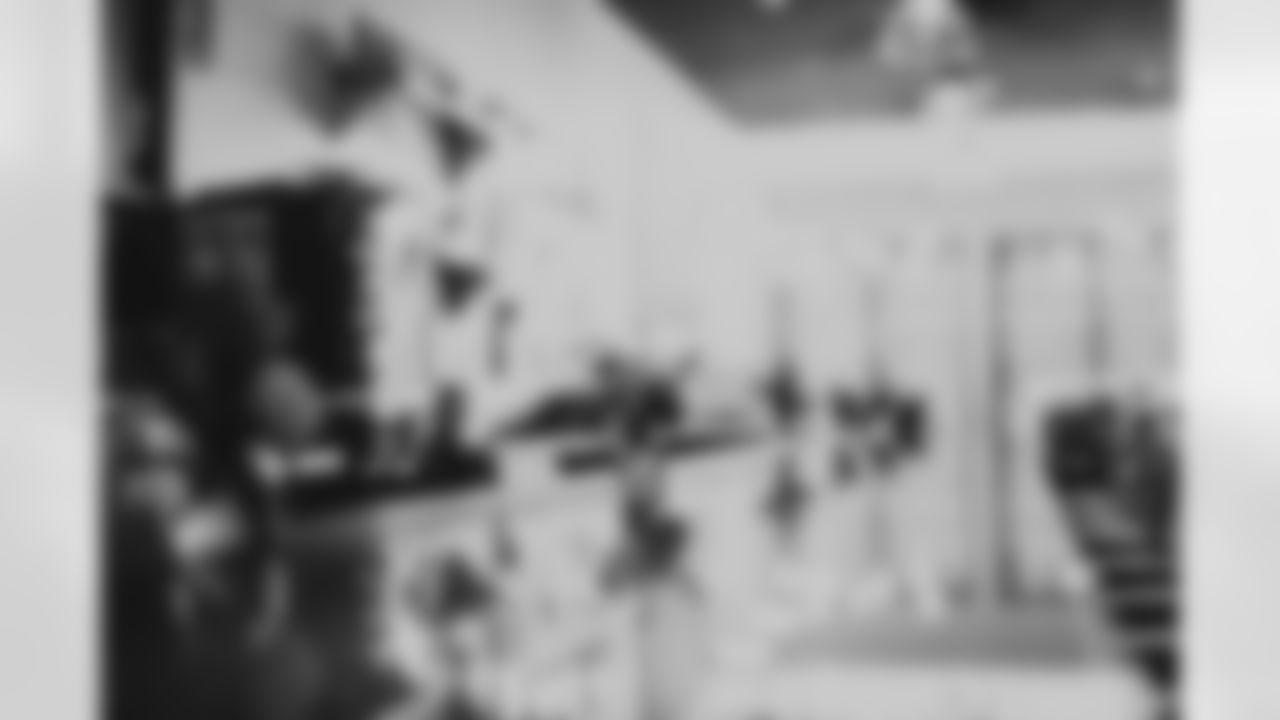
View photos from Rock Hill where David Williamson and the rest of the Friendship 9 staged a lunch-counter sit-in to protest civil rights in 1961. Williamson spoke at Bank of America Stadium on Feb. 18 about his experiences more than 60 years ago and his perspective today.

View photos from Rock Hill where David Williamson and the rest of the Friendship 9 staged a lunch-counter sit-in to protest civil rights in 1961. Williamson spoke at Bank of America Stadium on Feb. 18 about his experiences more than 60 years ago and his perspective today.

View photos from Rock Hill where David Williamson and the rest of the Friendship 9 staged a lunch-counter sit-in to protest civil rights in 1961. Williamson spoke at Bank of America Stadium on Feb. 18 about his experiences more than 60 years ago and his perspective today.

View photos from Rock Hill where David Williamson and the rest of the Friendship 9 staged a lunch-counter sit-in to protest civil rights in 1961. Williamson spoke at Bank of America Stadium on Feb. 18 about his experiences more than 60 years ago and his perspective today.

View photos from Rock Hill where David Williamson and the rest of the Friendship 9 staged a lunch-counter sit-in to protest civil rights in 1961. Williamson spoke at Bank of America Stadium on Feb. 18 about his experiences more than 60 years ago and his perspective today.

View photos from Rock Hill where David Williamson and the rest of the Friendship 9 staged a lunch-counter sit-in to protest civil rights in 1961. Williamson spoke at Bank of America Stadium on Feb. 18 about his experiences more than 60 years ago and his perspective today.

View photos from Rock Hill where David Williamson and the rest of the Friendship 9 staged a lunch-counter sit-in to protest civil rights in 1961. Williamson spoke at Bank of America Stadium on Feb. 18 about his experiences more than 60 years ago and his perspective today.

View photos from Rock Hill where David Williamson and the rest of the Friendship 9 staged a lunch-counter sit-in to protest civil rights in 1961. Williamson spoke at Bank of America Stadium on Feb. 18 about his experiences more than 60 years ago and his perspective today.

View photos from Rock Hill where David Williamson and the rest of the Friendship 9 staged a lunch-counter sit-in to protest civil rights in 1961. Williamson spoke at Bank of America Stadium on Feb. 18 about his experiences more than 60 years ago and his perspective today.
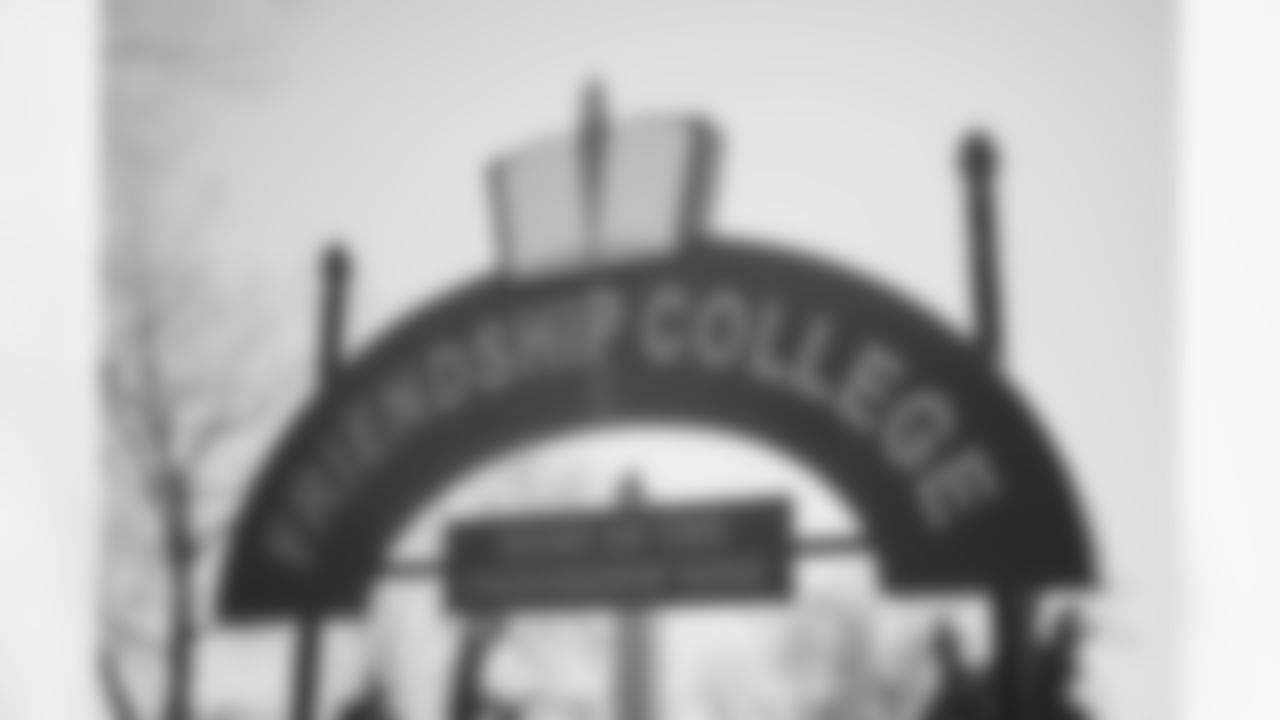
View photos from Rock Hill where David Williamson and the rest of the Friendship 9 staged a lunch-counter sit-in to protest civil rights in 1961. Williamson spoke at Bank of America Stadium on Feb. 18 about his experiences more than 60 years ago and his perspective today.

View photos from Rock Hill where David Williamson and the rest of the Friendship 9 staged a lunch-counter sit-in to protest civil rights in 1961. Williamson spoke at Bank of America Stadium on Feb. 18 about his experiences more than 60 years ago and his perspective today.
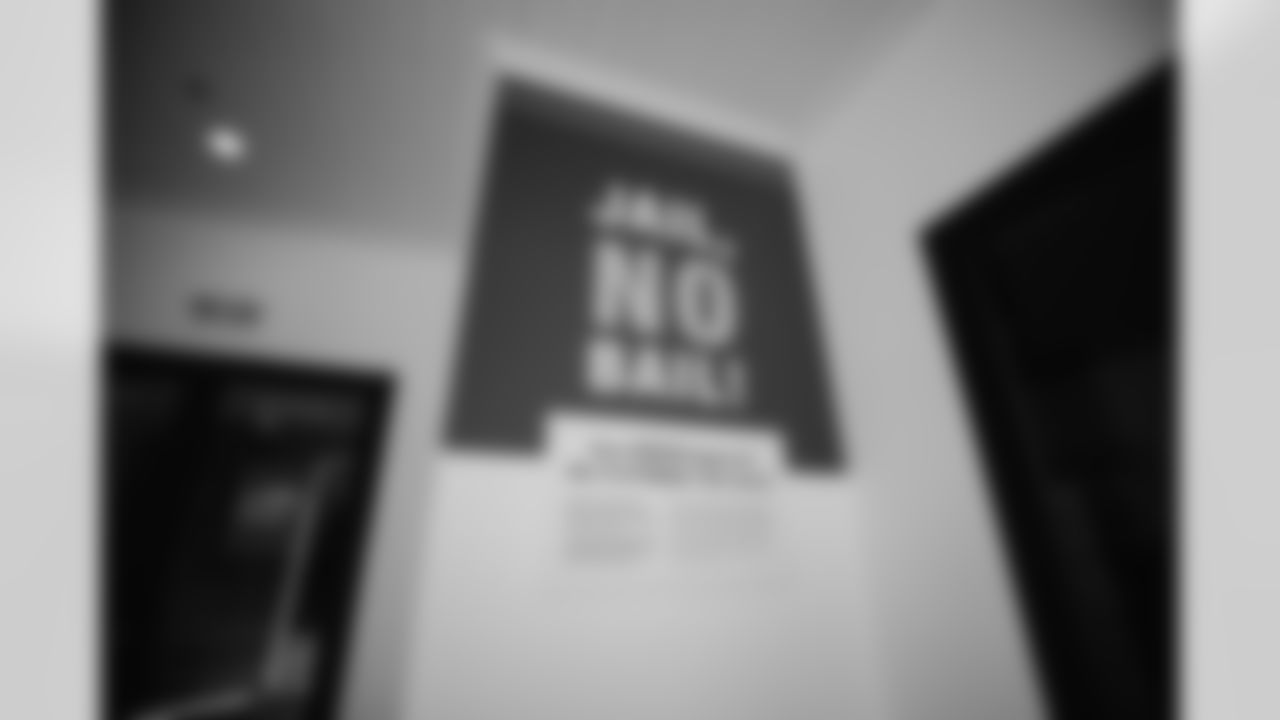
View photos from Rock Hill where David Williamson and the rest of the Friendship 9 staged a lunch-counter sit-in to protest civil rights in 1961. Williamson spoke at Bank of America Stadium on Feb. 18 about his experiences more than 60 years ago and his perspective today.

View photos from Rock Hill where David Williamson and the rest of the Friendship 9 staged a lunch-counter sit-in to protest civil rights in 1961. Williamson spoke at Bank of America Stadium on Feb. 18 about his experiences more than 60 years ago and his perspective today.

View photos from Rock Hill where David Williamson and the rest of the Friendship 9 staged a lunch-counter sit-in to protest civil rights in 1961. Williamson spoke at Bank of America Stadium on Feb. 18 about his experiences more than 60 years ago and his perspective today.

View photos from Rock Hill where David Williamson and the rest of the Friendship 9 staged a lunch-counter sit-in to protest civil rights in 1961. Williamson spoke at Bank of America Stadium on Feb. 18 about his experiences more than 60 years ago and his perspective today.

View photos from Rock Hill where David Williamson and the rest of the Friendship 9 staged a lunch-counter sit-in to protest civil rights in 1961. Williamson spoke at Bank of America Stadium on Feb. 18 about his experiences more than 60 years ago and his perspective today.

View photos from Rock Hill where David Williamson and the rest of the Friendship 9 staged a lunch-counter sit-in to protest civil rights in 1961. Williamson spoke at Bank of America Stadium on Feb. 18 about his experiences more than 60 years ago and his perspective today.

View photos from Rock Hill where David Williamson and the rest of the Friendship 9 staged a lunch-counter sit-in to protest civil rights in 1961. Williamson spoke at Bank of America Stadium on Feb. 18 about his experiences more than 60 years ago and his perspective today.

View photos from Rock Hill where David Williamson and the rest of the Friendship 9 staged a lunch-counter sit-in to protest civil rights in 1961. Williamson spoke at Bank of America Stadium on Feb. 18 about his experiences more than 60 years ago and his perspective today.

View photos from Rock Hill where David Williamson and the rest of the Friendship 9 staged a lunch-counter sit-in to protest civil rights in 1961. Williamson spoke at Bank of America Stadium on Feb. 18 about his experiences more than 60 years ago and his perspective today.

View photos from Rock Hill where David Williamson and the rest of the Friendship 9 staged a lunch-counter sit-in to protest civil rights in 1961. Williamson spoke at Bank of America Stadium on Feb. 18 about his experiences more than 60 years ago and his perspective today.

View photos from Rock Hill where David Williamson and the rest of the Friendship 9 staged a lunch-counter sit-in to protest civil rights in 1961. Williamson spoke at Bank of America Stadium on Feb. 18 about his experiences more than 60 years ago and his perspective today.

View photos from Rock Hill where David Williamson and the rest of the Friendship 9 staged a lunch-counter sit-in to protest civil rights in 1961. Williamson spoke at Bank of America Stadium on Feb. 18 about his experiences more than 60 years ago and his perspective today.

View photos from Rock Hill where David Williamson and the rest of the Friendship 9 staged a lunch-counter sit-in to protest civil rights in 1961. Williamson spoke at Bank of America Stadium on Feb. 18 about his experiences more than 60 years ago and his perspective today.

View photos from Rock Hill where David Williamson and the rest of the Friendship 9 staged a lunch-counter sit-in to protest civil rights in 1961. Williamson spoke at Bank of America Stadium on Feb. 18 about his experiences more than 60 years ago and his perspective today.

View photos from Rock Hill where David Williamson and the rest of the Friendship 9 staged a lunch-counter sit-in to protest civil rights in 1961. Williamson spoke at Bank of America Stadium on Feb. 18 about his experiences more than 60 years ago and his perspective today.

View photos from Rock Hill where David Williamson and the rest of the Friendship 9 staged a lunch-counter sit-in to protest civil rights in 1961. Williamson spoke at Bank of America Stadium on Feb. 18 about his experiences more than 60 years ago and his perspective today.

View photos from Rock Hill where David Williamson and the rest of the Friendship 9 staged a lunch-counter sit-in to protest civil rights in 1961. Williamson spoke at Bank of America Stadium on Feb. 18 about his experiences more than 60 years ago and his perspective today.

View photos from Rock Hill where David Williamson and the rest of the Friendship 9 staged a lunch-counter sit-in to protest civil rights in 1961. Williamson spoke at Bank of America Stadium on Feb. 18 about his experiences more than 60 years ago and his perspective today.

View photos from Rock Hill where David Williamson and the rest of the Friendship 9 staged a lunch-counter sit-in to protest civil rights in 1961. Williamson spoke at Bank of America Stadium on Feb. 18 about his experiences more than 60 years ago and his perspective today.

View photos from Rock Hill where David Williamson and the rest of the Friendship 9 staged a lunch-counter sit-in to protest civil rights in 1961. Williamson spoke at Bank of America Stadium on Feb. 18 about his experiences more than 60 years ago and his perspective today.

View photos from Rock Hill where David Williamson and the rest of the Friendship 9 staged a lunch-counter sit-in to protest civil rights in 1961. Williamson spoke at Bank of America Stadium on Feb. 18 about his experiences more than 60 years ago and his perspective today.

View photos from Rock Hill where David Williamson and the rest of the Friendship 9 staged a lunch-counter sit-in to protest civil rights in 1961. Williamson spoke at Bank of America Stadium on Feb. 18 about his experiences more than 60 years ago and his perspective today.

View photos from Rock Hill where David Williamson and the rest of the Friendship 9 staged a lunch-counter sit-in to protest civil rights in 1961. Williamson spoke at Bank of America Stadium on Feb. 18 about his experiences more than 60 years ago and his perspective today.

View photos from Rock Hill where David Williamson and the rest of the Friendship 9 staged a lunch-counter sit-in to protest civil rights in 1961. Williamson spoke at Bank of America Stadium on Feb. 18 about his experiences more than 60 years ago and his perspective today.

View photos from Rock Hill where David Williamson and the rest of the Friendship 9 staged a lunch-counter sit-in to protest civil rights in 1961. Williamson spoke at Bank of America Stadium on Feb. 18 about his experiences more than 60 years ago and his perspective today.

View photos from Rock Hill where David Williamson and the rest of the Friendship 9 staged a lunch-counter sit-in to protest civil rights in 1961. Williamson spoke at Bank of America Stadium on Feb. 18 about his experiences more than 60 years ago and his perspective today.

View photos from Rock Hill where David Williamson and the rest of the Friendship 9 staged a lunch-counter sit-in to protest civil rights in 1961. Williamson spoke at Bank of America Stadium on Feb. 18 about his experiences more than 60 years ago and his perspective today.

View photos from Rock Hill where David Williamson and the rest of the Friendship 9 staged a lunch-counter sit-in to protest civil rights in 1961. Williamson spoke at Bank of America Stadium on Feb. 18 about his experiences more than 60 years ago and his perspective today.

View photos from Rock Hill where David Williamson and the rest of the Friendship 9 staged a lunch-counter sit-in to protest civil rights in 1961. Williamson spoke at Bank of America Stadium on Feb. 18 about his experiences more than 60 years ago and his perspective today.

View photos from Rock Hill where David Williamson and the rest of the Friendship 9 staged a lunch-counter sit-in to protest civil rights in 1961. Williamson spoke at Bank of America Stadium on Feb. 18 about his experiences more than 60 years ago and his perspective today.

View photos from Rock Hill where David Williamson and the rest of the Friendship 9 staged a lunch-counter sit-in to protest civil rights in 1961. Williamson spoke at Bank of America Stadium on Feb. 18 about his experiences more than 60 years ago and his perspective today.

View photos from Rock Hill where David Williamson and the rest of the Friendship 9 staged a lunch-counter sit-in to protest civil rights in 1961. Williamson spoke at Bank of America Stadium on Feb. 18 about his experiences more than 60 years ago and his perspective today.

View photos from Rock Hill where David Williamson and the rest of the Friendship 9 staged a lunch-counter sit-in to protest civil rights in 1961. Williamson spoke at Bank of America Stadium on Feb. 18 about his experiences more than 60 years ago and his perspective today.


View photos from Rock Hill where David Williamson and the rest of the Friendship 9 staged a lunch-counter sit-in to protest civil rights in 1961. Williamson spoke at Bank of America Stadium on Feb. 18 about his experiences more than 60 years ago and his perspective today.

View photos from Rock Hill where David Williamson and the rest of the Friendship 9 staged a lunch-counter sit-in to protest civil rights in 1961. Williamson spoke at Bank of America Stadium on Feb. 18 about his experiences more than 60 years ago and his perspective today.

View photos from Rock Hill where David Williamson and the rest of the Friendship 9 staged a lunch-counter sit-in to protest civil rights in 1961. Williamson spoke at Bank of America Stadium on Feb. 18 about his experiences more than 60 years ago and his perspective today.

View photos from Rock Hill where David Williamson and the rest of the Friendship 9 staged a lunch-counter sit-in to protest civil rights in 1961. Williamson spoke at Bank of America Stadium on Feb. 18 about his experiences more than 60 years ago and his perspective today.

View photos from Rock Hill where David Williamson and the rest of the Friendship 9 staged a lunch-counter sit-in to protest civil rights in 1961. Williamson spoke at Bank of America Stadium on Feb. 18 about his experiences more than 60 years ago and his perspective today.

View photos from Rock Hill where David Williamson and the rest of the Friendship 9 staged a lunch-counter sit-in to protest civil rights in 1961. Williamson spoke at Bank of America Stadium on Feb. 18 about his experiences more than 60 years ago and his perspective today.

View photos from Rock Hill where David Williamson and the rest of the Friendship 9 staged a lunch-counter sit-in to protest civil rights in 1961. Williamson spoke at Bank of America Stadium on Feb. 18 about his experiences more than 60 years ago and his perspective today.

View photos from Rock Hill where David Williamson and the rest of the Friendship 9 staged a lunch-counter sit-in to protest civil rights in 1961. Williamson spoke at Bank of America Stadium on Feb. 18 about his experiences more than 60 years ago and his perspective today.

View photos from Rock Hill where David Williamson and the rest of the Friendship 9 staged a lunch-counter sit-in to protest civil rights in 1961. Williamson spoke at Bank of America Stadium on Feb. 18 about his experiences more than 60 years ago and his perspective today.

View photos from Rock Hill where David Williamson and the rest of the Friendship 9 staged a lunch-counter sit-in to protest civil rights in 1961. Williamson spoke at Bank of America Stadium on Feb. 18 about his experiences more than 60 years ago and his perspective today.

View photos from Rock Hill where David Williamson and the rest of the Friendship 9 staged a lunch-counter sit-in to protest civil rights in 1961. Williamson spoke at Bank of America Stadium on Feb. 18 about his experiences more than 60 years ago and his perspective today.















